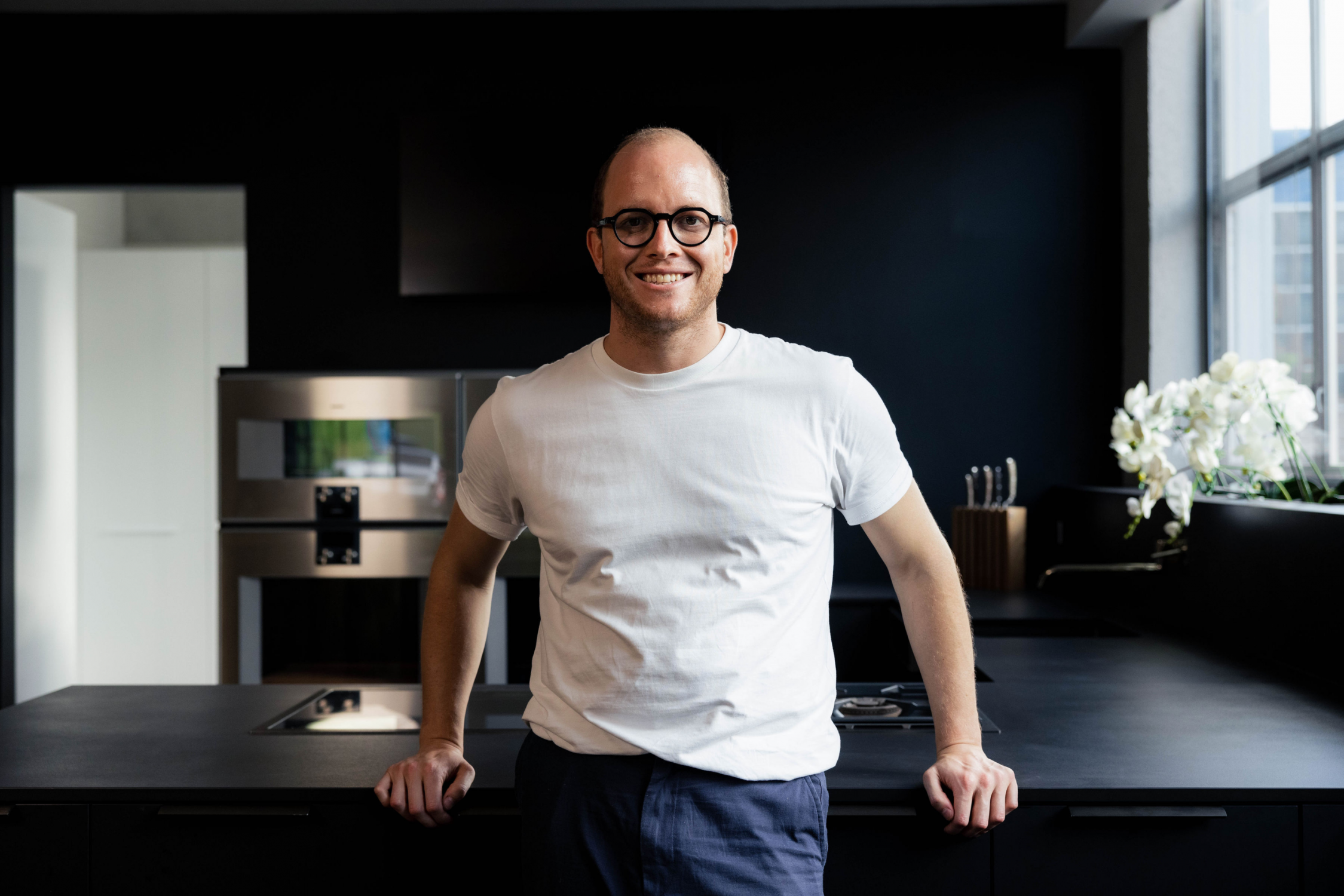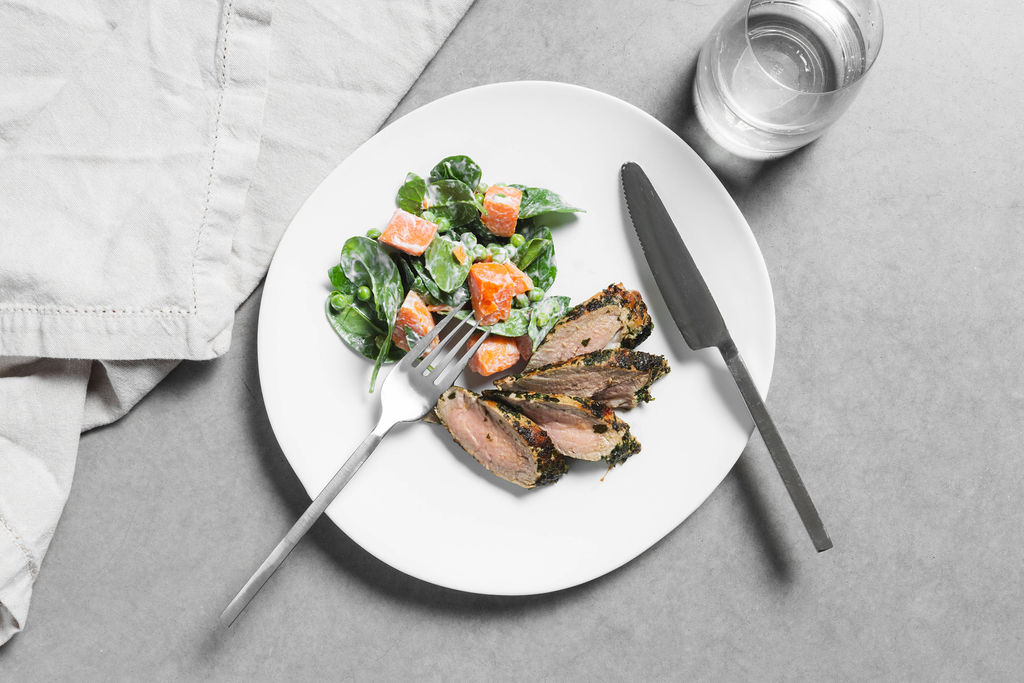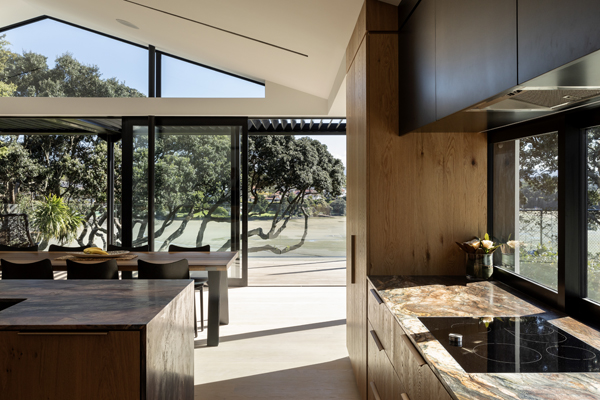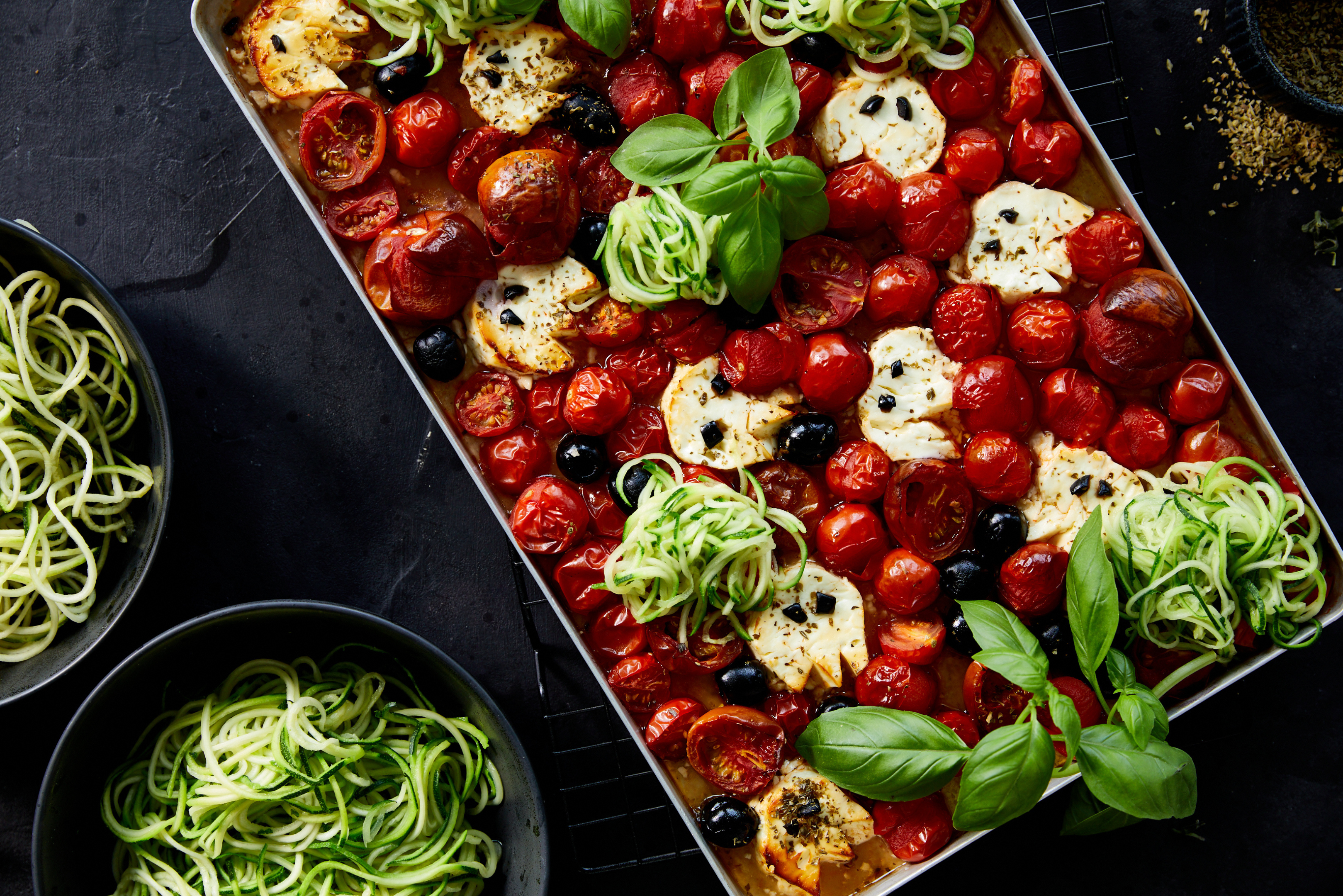
In conversation with Chef Tim Read
Tim Read first came to the nation’s attention when he won MasterChef New Zealand in 2015. Following that victory, the then-physiotherapist decided to try his luck in Scandinavia, spending several years working in some of the best restaurants in the world.
He eventually found himself back in New Zealand when the COVID-19 pandemic began and is now in a working relationship with UnserHaus German kitchen, where he interacts both with the business and their customers to help people better understand food and how best to enjoy it.
Following his own struggles, Tim is passionate about the role cooking and sharing meals can have when it comes to improving mental health. We sat down with Tim to learn more about what that means to him, what makes him tick as a chef, and the ingredients he enjoys cooking with the most.
What made you realise that a career as a chef was for you?
I really struggled with depression and anxiety from the age of 18 to around 22. Part of my journey with my mental health was a realisation that I saw ‘light’ as I like to call it either spear fishing or hunting, so I would do those things as much as I could.
When I shot my first deer at the age of 22, I butchered it myself, and a mate of mine and I cooked with it and threw a dinner party for 12 of our closest friends. It was the first time in years that I enjoyed a prolonged experience where I was able to take light from hunting and then share it with other people, and that was incredibly powerful for my mental health. So, that’s where my love of cooking originally came from.
My true passion is people and a deep human connection and helping to facilitate that. I love using food as the vehicle to bring people together because special things can happen around a dinner table.
Describe yourself as a chef
I read a restaurant review once that really stuck with me. It said “the best of anything best reflects the environment that surrounds it” and I’m a true believer in that. It’s like culturally understanding the environment that you’re in, so what I attempt to do is understand who I’m cooking for and then reflect their environment onto the table. It just makes the experience far more meaningful.
If you didn’t become a chef, what do you think you’d be doing?
Part of a new business I’m setting up is moving more into mental health. I’m hugely passionate about that and increasingly I’m seeing the impact poor mental fitness has on people. We’re doing all that we can at the bottom of the cliff, with therapy and medication, but there’s nothing to stop you falling off the edge of that cliff.
So, I’m incredibly passionate about creating tools, materials, and a physical location where we can address mental health before it’s too late, which will in turn break the stigma and break cycles.
You’re passionate about the importance of groups connecting over food. What are the benefits that you have seen in this area, especially in terms of mental health and wellbeing?
As soon as someone is able to eat while they talk, stuff just comes out. Genuinely, food is such a powerful vehicle for breaking down barriers. We don’t spend enough time at our dinner tables.
What top tips do you have for creating meals and an environment for sharing food and communicating?
It kind of comes back to that quote that the best of anything best reflects the environment that surrounds it – so don’t try to be anything you’re not.
People often try and recreate 3-star Michelin food at home, but it’s just not genuine, it’s not honest, compared to putting a beautifully roasted chicken on the table, for example. Just being genuine about what you have and putting love into the ingredients and what’s at your disposal will always create a far better food experience than fine dining. And that’s when people feel at ease and the conversation flows.
Who or what is your greatest inspiration?
I have a couple of chef celebrity crushes. I admire Carlo Mirarchi from Roberta’s Pizza and Blanca in New York. He wasn’t a trained chef, but he and his mates created a pizza restaurant and they do unbelievable pizzas and they have just honed their craft. Then he started doing random little pop-ups because he wanted to do a bit of fine dining and now he’s got a 2 Michelin star restaurant. The food is just impeccable and done to a super high standard.
I also admire Alain Passard, who has a 3 Michelin star restaurant in Paris. He’s just a reflection of himself and of Paris and what the food movement is like and it’s very simple and down to earth but with the best quality ingredients. He’s just Alain Passard and he just does his thing, it’s awesome.
What’s one ingredient that scares you, for good OR bad reasons?
It doesn’t scare me, but it probably scares others – I try to sneak livers into quite a few things. I love them. I love their flavour and they’re incredible sauce thickeners. If you blend some livers into tomato sauce at the last minute, they thicken it up wonderfully.
What’s the one ingredient that is your staple, that you simply love to cook with?
It’s probably sherry vinegar – I put it in everything. I learned a technique in Scandinavia for using it as another form of seasoning. But even in desserts, I’ll often add a little splash of that vinegar to just help with the seasoning.
What food trends do you think we’ll be seeing this year?
It’s an interesting time to try and predict trends, because nobody’s really had the time or the opportunity to forecast anything, but I would like to see Kiwi chefs being brave. If there’s ever a time in the world where we could start to set trends, it’s probably now. I hope we don’t just wait for the next six months to see what everyone else is doing and then copy it.
Finally – Saturday night in, what’s your comfort meal?
Lasagne. Spaghetti Bolognese. An authentic carbonara. I just love pasta.









